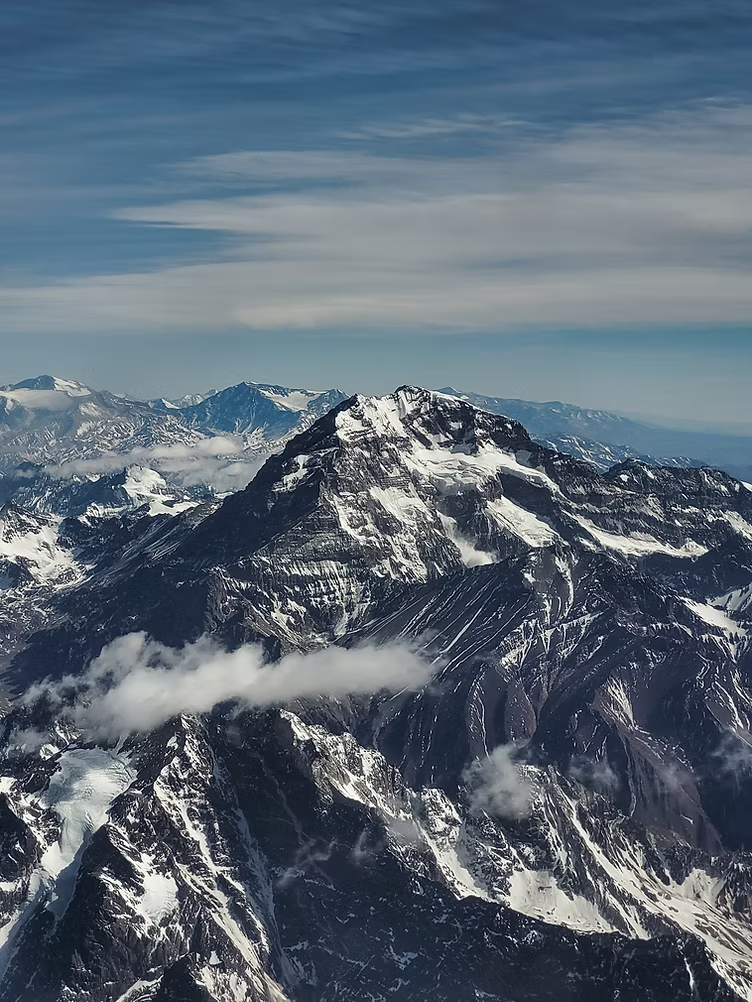
Taqa Morocco and JBIC Partner to Advance Sustainable Energy Infrastructure

Mining in the Andes: Critical Minerals and the Next Phase of Global Investment

London, June 3rd (The Net-Zero Circle) In an interview conducted in Havana, Cuban President Miguel Díaz-Canel discussed the country's Energy crisis with political scientist Ignacio Ramonet, describing it as "extremely complex." He attributed the crisis to a combination of economic challenges and an outdated Energy infrastructure that struggles to meet current demands.
Díaz-Canel explained that the country's Energy problems have deep roots, exacerbated by external sanctions and internal inefficiencies. He noted that the situation worsened significantly in the second half of 2019 due to increased sanctions, which severely restricted Cuba's access to essential resources, including fuel.
Díaz-Canel stressed that resolving the Energy crisis is not just a technical challenge but also involves addressing diplomatic hurdles. He reiterated Cuba's willingness to engage in dialogue to ease the economic pressures that contribute to the Energy crisis.

In response to these challenges, Díaz-Canel outlined Cuba's strategic shift towards renewable Energy sources, particularly solar power. He revealed that the government is working on agreements that will enable the generation of more than 2,000 megawatts of solar Energy in the coming years. This initiative is part of a broader effort to diversify the Energy mix and reduce reliance on imported fossil fuels.
Díaz-Canel emphasised the importance of renewable Energy in achieving Energy independence and sustainability. He highlighted that investments in solar Energy not only address immediate energy shortages but also contribute to long-term environmental goals and economic durability.

To support the transition to renewable Energy, the Cuban government is implementing a comprehensive plan to upgrade the national Energy infrastructure. This includes modernising power plants, expanding the grid, and incorporating advanced technologies to improve efficiency and reliability.
Díaz-Canel mentioned that the government is promoting a Government Management System based on Science and Innovation, which plays a crucial role in the development of Energy technologies. This system encourages research and development in energy solutions, helping Cuba take advantage of the latest advancements in renewable Energy.

Díaz-Canel acknowledged that the Energy crisis has led to public protests and "popular demands" for better living conditions. He attributed these demonstrations to the hardships caused by Energy shortages, exacerbated by economic constraints, but emphasised that the government is committed to addressing these issues through sustainable solutions.
The president highlighted the importance of involving communities in the Energy transition process. By engaging local populations and encouraging the adoption of renewable Energy at the grassroots level, the government aims to build a more adaptable and self-sufficient Energy system.

Díaz-Canel expressed optimism about Cuba's Energy future. He outlined a Macroeconomic Stabilization Program to be developed until 2030, which includes significant investments in the energy sector. This program aims to stabilise the economy, reduce inflation, and stimulate national production, all of which are essential for ensuring Energy security and sustainability.
In conclusion, Díaz-Canel reiterated the Cuban government's commitment to overcoming the energy crisis through strategic investments in renewable energy and technological innovation. He also underscored the importance of international cooperation and constructive dialogue to create a more favourable environment for energy development. Focusing on sustainable Energy solutions, Cuba builds a stronger and more independent energy system capable of supporting long-term economic growth and environmental sustainability.



